Ataraxia: The ideal of tranquility in classical philosophy
Ataraxia (ἀταραξία) is a term that occupies a central place in the ethical systems of several classical philosophical schools, notably Epicureanism, Stoicism, and Skepticism. It is commonly translated as “tranquility” or “freedom from disturbance”, and represents a state of serene calmness and imperturbability. Unlike modern interpretations of tranquility as merely an emotional state, ataraxia in classical thought is a profound philosophical achievement, reflecting harmony between one’s inner self and external circumstances.

Ataraxia, interpreted by DALL•E.
Etymology and conceptual foundation
The term ataraxia derives from the Greek roots “a-“ (without) and “taraxis” (disturbance or turmoil). It literally means “without disturbance”, and its usage in philosophical contexts extends beyond a simple absence of agitation to encompass a cultivated mental state of equanimity. Ataraxia is both an end goal and a method, functioning as a practical guide for navigating the complexities of human existence while simultaneously embodying the ultimate aim of philosophical inquiry: living well.
Epicurean philosophy
Epicurus situates ataraxia at the core of his ethical philosophy, framing it as the ultimate expression of a life free from pain (ἀπονία) and mental disturbance. For Epicurus, ataraxia is achieved through the pursuit of pleasure (hedone), but this pleasure is not hedonistic indulgence. Instead, it refers to a stable and balanced state in which natural and necessary desires are satisfied, and unnecessary or vain desires are abandoned.
Epicurean ataraxia requires liberation from irrational fears, particularly those related to death and the gods. By applying rational reflection, individuals can recognize that death is the absence of sensation and therefore nothing to fear. Similarly, the gods, while existing, are indifferent to human affairs, eliminating the need for superstition and anxiety. In this sense, ataraxia emerges as both a psychological state and a philosophical stance rooted in reason and simplicity.
Stoic philosophy
In Stoicism, ataraxia takes on a distinct but related form. For the Stoics, the path to tranquility lies in living in accordance with nature and accepting the rational order of the cosmos. Ataraxia is not an explicit term in Stoic texts, but the concept is reflected in their ideal of inner peace and emotional resilience, often referred to as apatheia (ἀπάθεια), or freedom from destructive passions.
The Stoic approach to ataraxia involves distinguishing between what is within our control and what is not. Epictetus, in his Enchiridion, emphasizes the importance of focusing exclusively on one’s own thoughts, actions, and judgments while remaining indifferent to external events such as wealth, reputation, or even health. This perspective fosters an unshakeable equanimity, as the individual aligns their desires and actions with the natural order, thereby achieving a state of harmony and tranquility.
Marcus Aurelius, in his Meditations, similarly extols the virtues of rational self-mastery and acceptance. For him, tranquility is the result of recognizing the transient nature of all external circumstances and maintaining a rational perspective in the face of adversity.
Pyrrhonian Skepticism
Pyrrhonian Skepticism offers yet another perspective on ataraxia, emphasizing the suspension of judgment (ἐποχή, epoché) as the means to tranquility. Sextus Empiricus, the foremost representative of this school, argues that by refraining from making definitive claims about the nature of reality, individuals free themselves from the mental disturbances associated with dogmatic beliefs and the desire for certainty.
For the Pyrrhonists, ataraxia is not achieved through the discovery of truth but through the recognition of the limitations of human knowledge. By embracing uncertainty and adopting a stance of intellectual humility, one can attain a state of profound mental peace. This approach differs fundamentally from the Epicurean and Stoic paths to tranquility, as it denies the existence of a single rational order or universal principles to guide human life. Instead, ataraxia arises from the acceptance of ambiguity and the relinquishment of dogma.
Philosophical significance
The concept of ataraxia reflects a shared concern among ancient philosophical schools with the problem of human suffering and the quest for a stable and fulfilling life. Despite their differences, the Epicureans, Stoics, and Pyrrhonists converge on the idea that tranquility is essential for human flourishing. However, their divergent approaches underscore the richness of ancient ethical thought and its capacity to address the complexity of the human condition.
Ataraxia also represents a philosophical counterpoint to modern notions of happiness, which often emphasize external achievements or emotional highs. In contrast, the ancient ideal of tranquility is rooted in the cultivation of inner resources—reason, self-discipline, and reflective understanding—to navigate the inevitable challenges of life. This perspective offers a timeless insight into the interplay between external circumstances and internal states, highlighting the importance of cultivating resilience and self-mastery.
Conclusion
Ataraxia stands as a cornerstone of classical philosophy, embodying the pursuit of tranquility as both an ethical ideal and a practical guide to life. Whether framed as the absence of fear and disturbance in Epicureanism, the alignment with reason and nature in Stoicism, or the suspension of judgment (epoché) in Pyrrhonian Skepticism, ataraxia underscores the philosophical inquiry into the conditions for a good life (eudaimonia). By examining these varied interpretations, we uncover the philosophical depth of ataraxia as a central concept in ancient ethical thought. It reveals a universal concern for addressing human suffering and the pursuit of equilibrium, showcasing the ways different schools adapted this ideal to their broader systems.
References
- Hellmut Flashar, Klaus Döring, Michael Erler, Die Philosophie der Antike. Bd. 1. Frühgriechische Philosophie, 2013, Schwabe, Aus der Reihe: Grundriss der Geschichte der Philosophie, ISBN: 9783796525988
- Klaus Döring, Michael Erler, Die Philosophie der Antike. Bd. 2/1. Sophistik, Sokrates, Sokratik, Mathematik, Medizin, 1998, Schwabe, Aus der Reihe: Grundriss der Geschichte der Philosophie, ISBN: 9783796510366
- Michael Erler, Die Philosophie der Antike. Bd. 2/2. Platon, 2007, Schwabe, Aus der Reihe: Grundriss der Geschichte der Philosophie, ISBN: 978-3-7965-2237-6
- Hellmut Flashar, Die Philosophie der Antike. Bd. 3. Ältere Akademie, Aristoteles, Peripatos, 2004, Schwabe, Aus der Reihe: Grundriss der Geschichte der Philosophie, ISBN: 978-3-7965-1998-7
- Hellmut Flashar, Michael Erler, Günter Gawlick, Woldemar Görler, Peter Steinmetz, Die Philosophie der Antike. Bd.4. Die hellenistische Philosophie, 1994, Schwabe, Aus der Reihe: Grundriss der Geschichte der Philosophie, ISBN: 9783796509308
- Christoph Riedweg, Christoph Horn, Die Philosophie der Antike. Bd. 5. Die Philosophie der Kaiserzeit und der Spätantike, 2018, Schwabe, Aus der Reihe: Grundriss der Geschichte der Philosophie, ISBN: 9783796526299
- Alexander Brungs, Georgi Kapriev, Vilem Mudroch, Die Philosophie des Mittelalters. Bd. 1. Byzanz. Judentum, 2019, Schwabe Verlagsgruppe, ISBN: 9783796526237
- John Marenbon, Die Philosophie des Mittelalters. Bd. 2. 11. Jahrhundert, 2025, Schwabe Verlag, ISBN: 9783796526251
- Laurent Cesalli, Ruedi Imbach, Alain de Libera, Thomas Ricklin, Die Philosophie des Mittelalters. Bd. 3. 12. Jahrhundert, 2021, Schwabe Verlag, ISBN: 9783796526251
- Alexander Brungs, Vilem Mudroch, Peter Schulthess, Die Philosophie des Mittelalters. Bd. 4. 13. Jahrhundert, 2017, Schwabe, ISBN: 9783796526268
- Klaus Held, Heraklit, Parmenides und der Anfang von Philosophie und Wissenschaft - Eine phänomenologische Besinnung, 1980, de Gruyter, ISBN: 9783110079623
- Burkert, W., Greek religion: Archaic and classical, 2008, Blackwell, ISBN: 978-0631156246
- Lloyd, G. E. R., Early Greek science: Thales to Aristotle, 1974, W. W. Norton & Company, ISBN: 978-0393005837
- Kenny, A., A new history of Western philosophy, 2010, Oxford University Press, ISBN: 978-0199589883

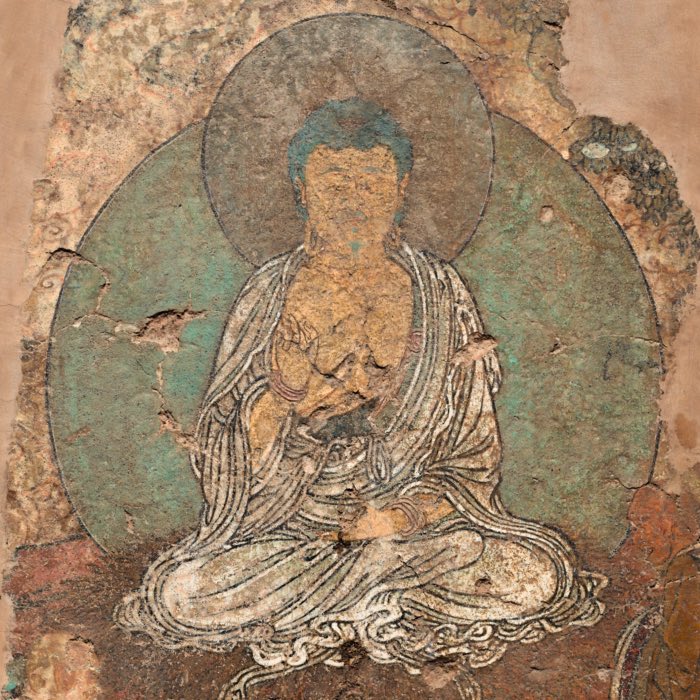

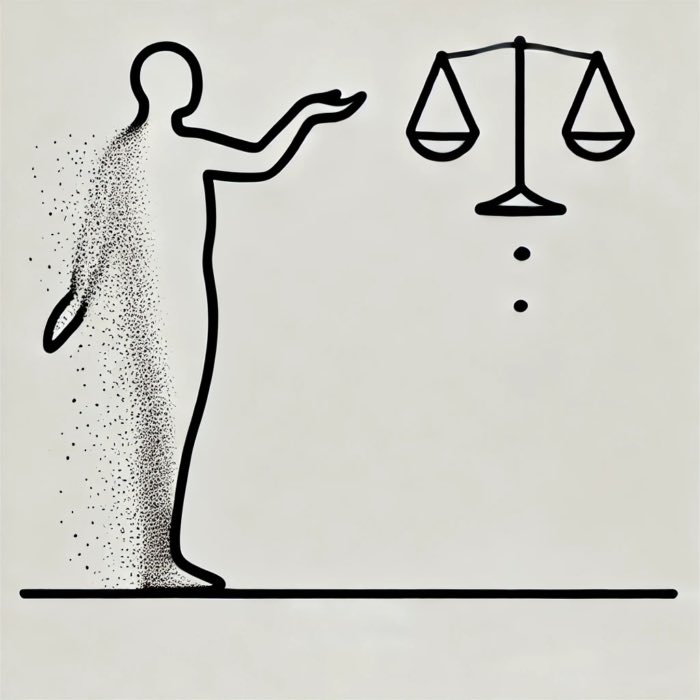
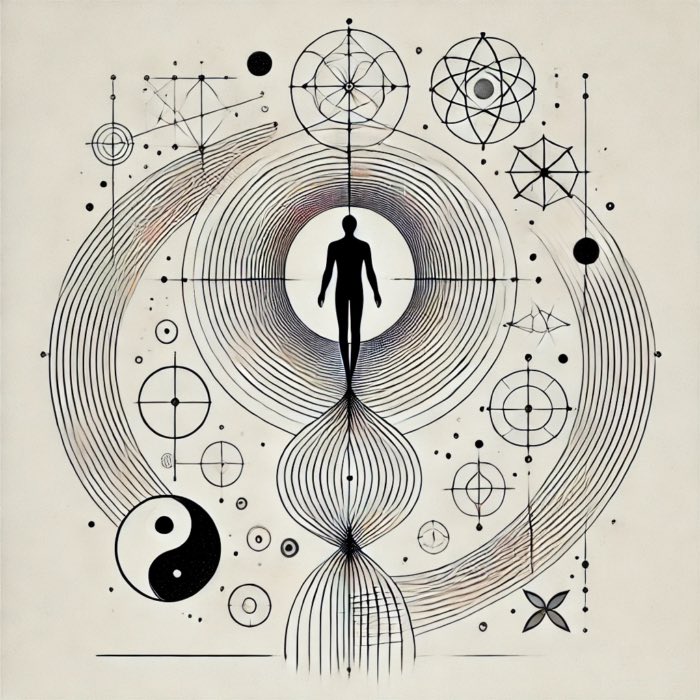



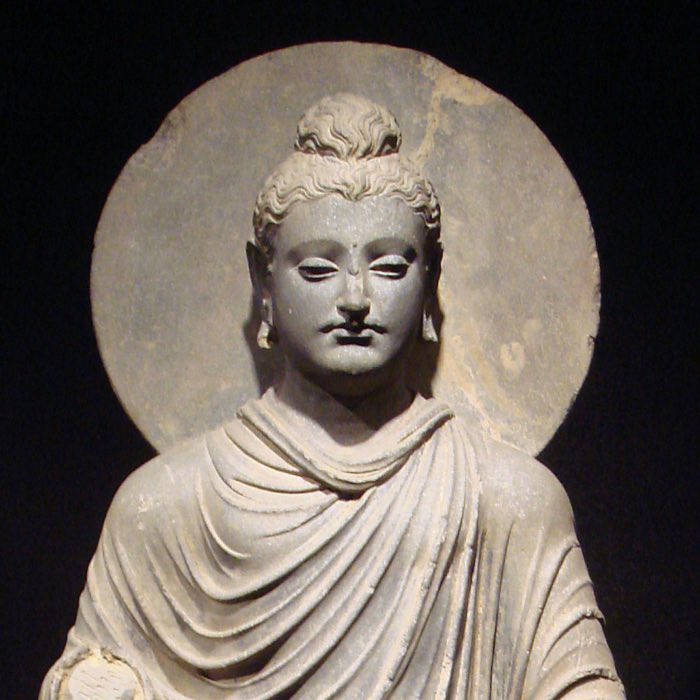
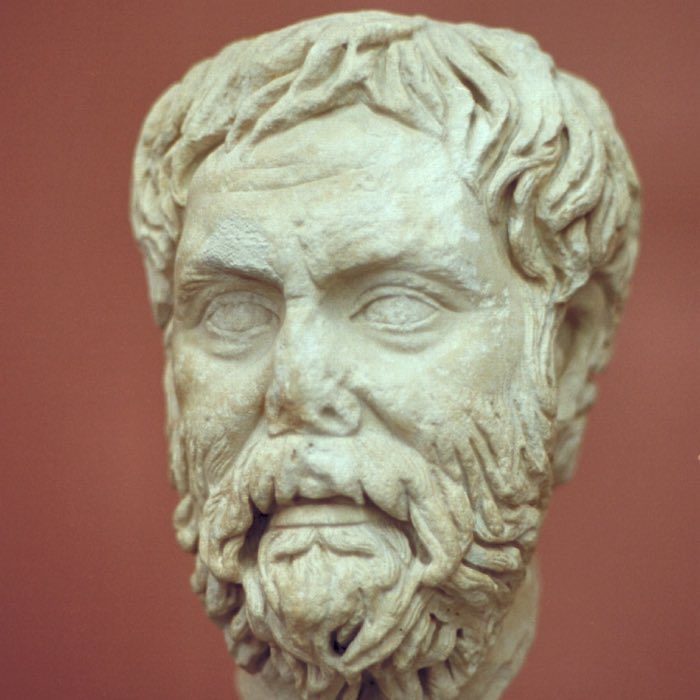
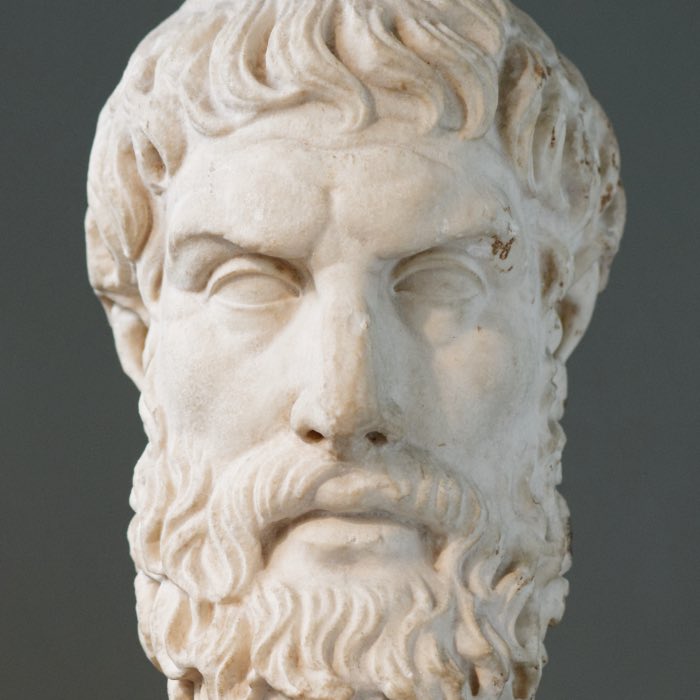
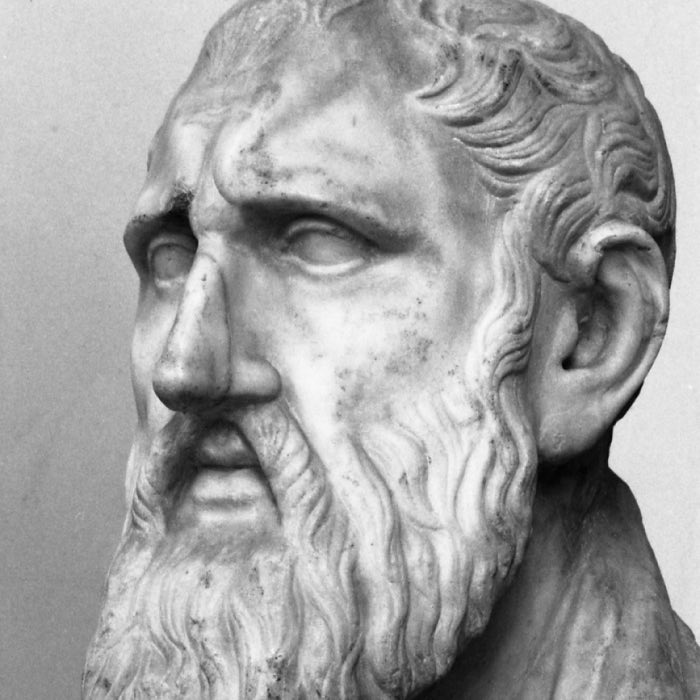
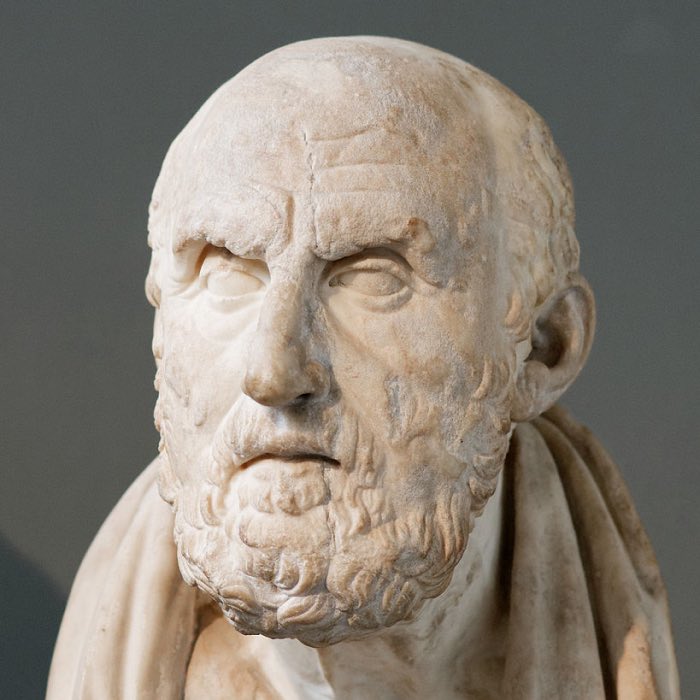
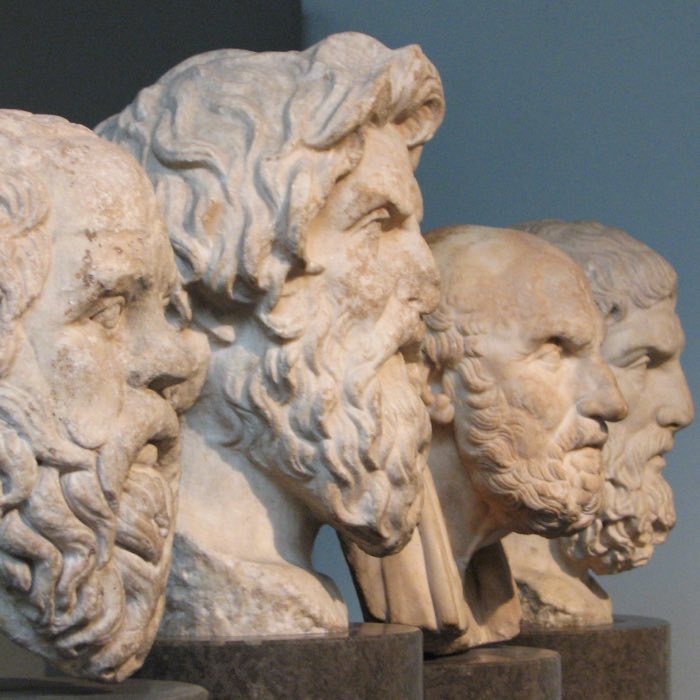








comments